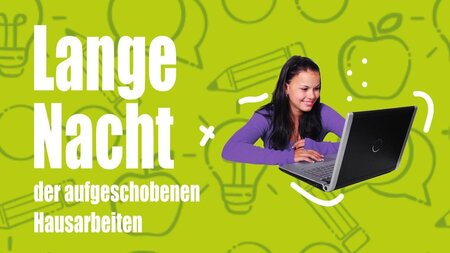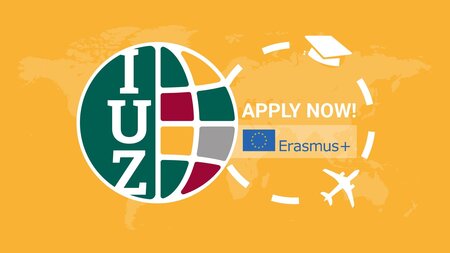Annotated Course Catalogue / Kommentiertes Vorlesungsverzeichnis (KoVo)
Click here for the latest version of the KoVo.

Click here for the latest version of the KoVo.

TU Chemnitz invites female scientists of all career stages and female students on March 6, 2026, to this years’ focus topic on women’s health …

Simply hold on: University Library of Chemnitz University of Technology open 24/7 immediately from the “Long Night of Postponed Course Papers” on February 5, 2026 up to February 14, midnight …

The application for doing a semester abroad with Erasmus+ during winter semester 2026/27 and summer semester 2027 is still open until 31st of March 2026 …

Call for participation in a short linguistic survey by Chemnitz University of Technology – no specialist knowledge needed …
This year`s 3rd Women-in-Science Day focuses on women`s health.
Main event: Team competition for teams from grades 8-10 and 11-12(13) with 3-5 participants …
For two days, visitors can look forward to presentations, workshops and …
TUCtag - four events to DISCOVER, PARTICIPATE and BE AMAZED! The Open Day, the Children's …
Dancing and good vibes until midnight: Various music and culinary offerings create a relaxed …